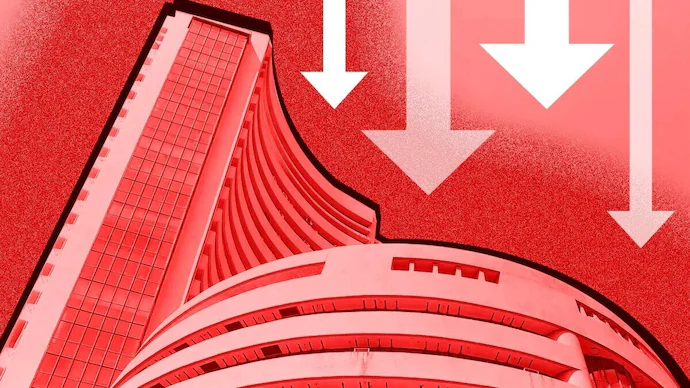Business
Netflixs password crackdown worked. It could have more tricks to lure subscribers.


By - 26 Jan 2024 09:04 PM
|
Netflix added almost 30 million subscribers in 2023 after cracking down on password sharing in May.Customers balked at the idea, but in the end Netflix prevailed.AdvertisementWhen Netflix announced it was mulling a ban on password sharing a few years ago, subscribers immediately balked. Many threatened to ditch their subscriptions, screaming #CancelNetflix, while others followed through and decisively closed their accounts.Nobody liked the idea. I certainly didn't. But let's be honest: We knew this had to happen.For years, Netflix turned a blind eye to password sharing, even winkingly encouraging it on social media. But that was when Netflix was in an exponential growth phase that carried the company to its 2021 share price high of more than $690. In 2022, Netflix reported losing subscribers for the first time in more than a decade — about 200,000 accounts in the first quarter of that year and close to 1 million in the second.Couple those losses with the fact that the streaming landscape had become much more crowded than it was in 2007 when Netflix first started offering its library online. Think Hulu, Disney+, Prime Video, Paramount+, and others. So, say you're one of Netflix's co-CEOs: You see your company is bleeding subscribers, your competitors are circling you like vultures, and, at the end of the day, you're beholden to your shareholders.And wow, look, an internal analysis report drops on your desk. It reveals that there are about 100 million households around the world who are accessing Netflix without a paid account, including a cheap Business Insider reporter leeching off his ex.In the third quarter of 2023, Netflix reported that it added 8.8 million subscribers, vastly exceeding expectations. The fourth quarter numbers yielded even better results: 13.1 million global subscribers for a total of more than 260 million, Business Insider's Lucia Moses reported. That's a gain of nearly 30 million over 2022. Two moves likely helped Netflix boost those numbers, according to Jadrian Wooten, an economics professor at Virginia Tech who writes the newsletter Monday Morning Economist.While Netflix was preparing its password-sharing crackdown, it introduced an ad-based subscription at about $7 a month, which was $3 less than its cheapest ad-free offering at the time and slightly cheaper than a Hulu account. The company also provided an option for households to add users to their existing accounts for about $8 a month. "So that was sort of a move that was done both to geographically expand to other countries and offer a cheaper version, but it also introduces sort of this second tier for people who were sharing an account, and they could then bump down to that next part," Wooten told BI. "So the idea is they wouldn't pay for a full account on their own, but maybe if they lost access, they would drop down to that ad-tier part." |
























